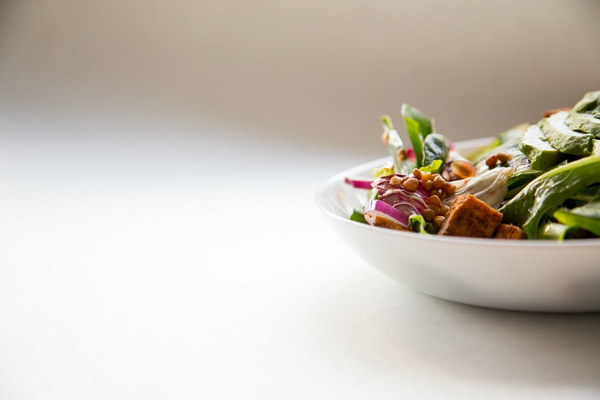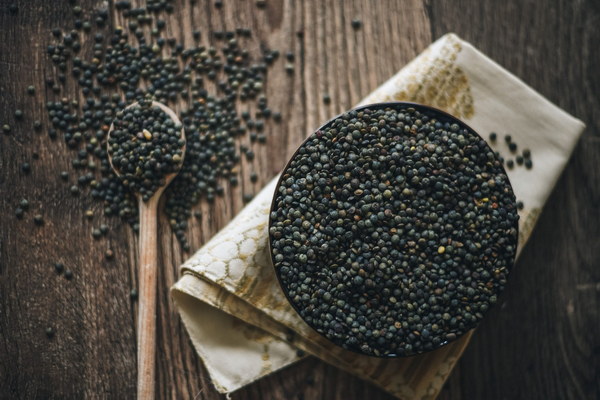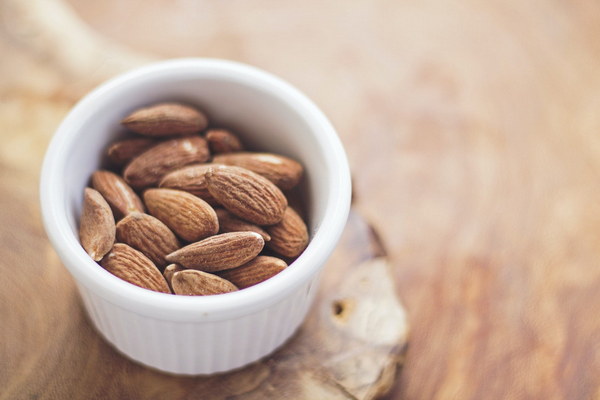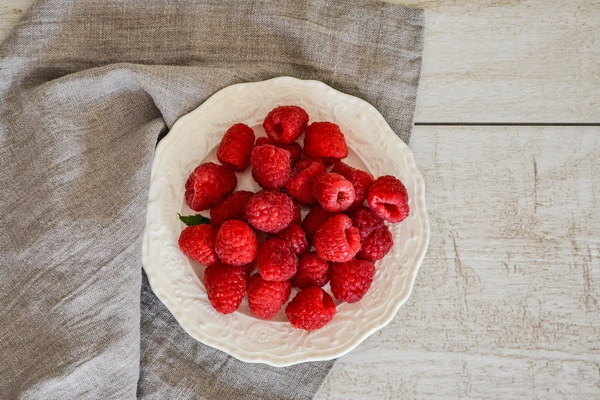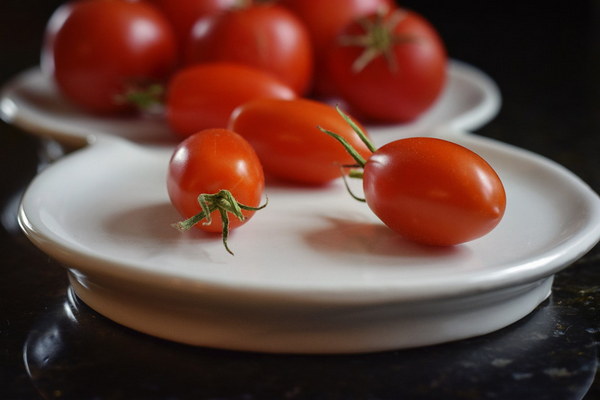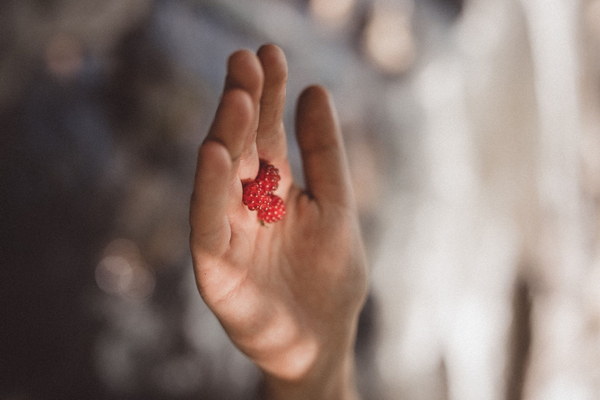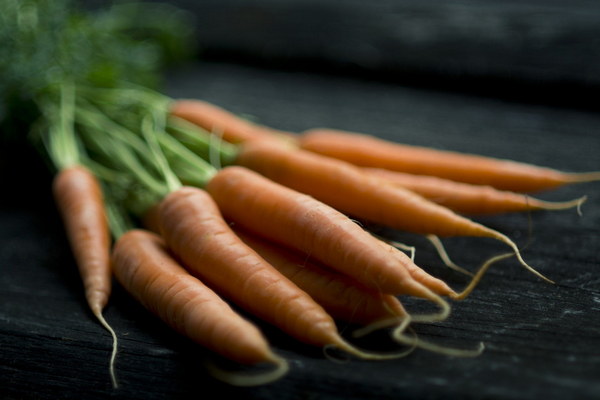Revitalize Your Body with Traditional Chinese Herbs A Guide to Tonifying Qi Nourishing the Spleen and Draining Dampness
In traditional Chinese medicine (TCM), the health and balance of the body are deeply interconnected with the functioning of internal organs. Among these, the Spleen and Stomach play a crucial role in maintaining the body's energy and digestion. To support these vital organs, TCM offers a variety of herbal remedies that can help tonify Qi, nourish the Spleen, and drain Dampness. This article will explore the benefits of some of these traditional herbs and how they can contribute to your overall well-being.
1. Ginseng (Ren Shen)

Ginseng is one of the most well-known and highly valued herbs in TCM. It is commonly used to tonify Qi and nourish the Spleen. This herb helps improve energy levels, enhance cognitive function, and support the immune system. Additionally, ginseng can help regulate blood sugar levels, reduce stress, and improve sleep quality.
2. Astragalus (Huang Qi)
Astragalus is another potent herb used to tonify Qi and strengthen the immune system. It is often combined with other herbs to support the Spleen and Stomach. Astragalus can help alleviate fatigue, boost energy levels, and improve overall vitality. It also has anti-inflammatory properties and can support cardiovascular health.
3. Codonopsis (Dang Shen)
Codonopsis is a less-known herb but is highly regarded in TCM for its ability to tonify Qi and nourish the Spleen. Similar to ginseng, it can help improve energy levels and enhance cognitive function. Codonopsis is also used to strengthen the immune system and support respiratory health. It is a versatile herb that can be used to treat a wide range of conditions, from fatigue to chronic infections.
4. White Atractylodes (Bai Zhu)
White atractylodes is commonly used to drain Dampness and strengthen the Spleen. It is effective in treating symptoms such as abdominal bloating, poor digestion, and fatigue. This herb helps to transform dampness into Qi, thereby improving energy levels and overall health.
5. Poria (Fu Ling)
Poria is another herb used to drain Dampness and support the Spleen. It is often used in combination with other herbs to treat conditions such as edema, diarrhea, and fatigue. Poria has a sweet and neutral taste, making it a gentle and safe herb for long-term use.
6. Cinnamon (Rou Gui)
Cinnamon is a spice that is also used in TCM to tonify Qi and warm the body. It is particularly effective for those with cold limbs, weakness, and poor digestion. Cinnamon can help improve blood circulation, reduce inflammation, and support the immune system.
7. Licorice Root (Gan Cao)
Licorice root is a versatile herb used to harmonize the other ingredients in a formula. It has sweet and neutral properties and can help reduce the bitterness of other herbs. In TCM, licorice root is often used to tonify Qi, nourish the Spleen, and relieve spasms and pain.
Incorporating these traditional Chinese herbs into your daily routine can have numerous benefits for your health. However, it is important to consult with a qualified TCM practitioner before starting any herbal treatment. They can provide personalized advice and create a customized formula tailored to your specific needs.
By tonifying Qi, nourishing the Spleen, and draining Dampness, these herbs can help restore balance to your body, improve your energy levels, and enhance your overall well-being. So why not explore the world of traditional Chinese herbs and discover the benefits they can bring to your life?
